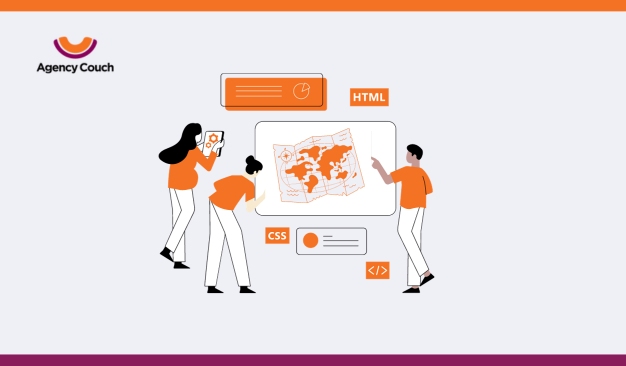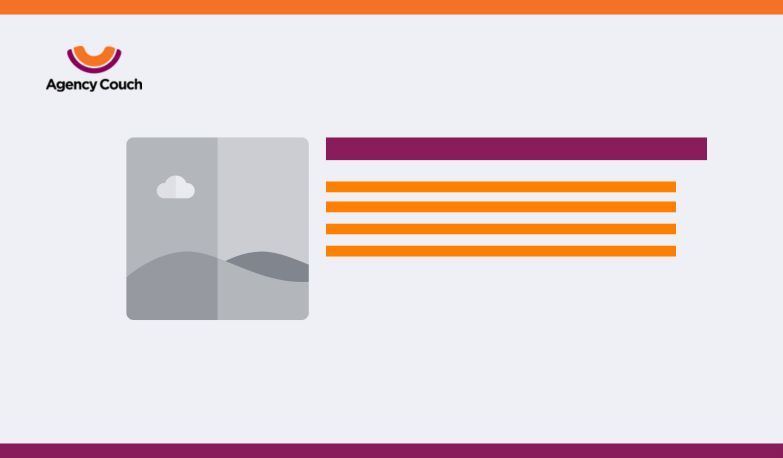About the Client:
SOLIDAR, a European network of civil society organisations, trade unions, and social movements, is dedicated to advancing social justice in Europe and globally. In their pursuit of social justice, it actively monitors and promotes the European Pillar of Social Rights (EPSR) at the national level.
Their approach includes conducting surveys and assessments using the Social Rights Monitor (SRM) questionnaire, which evaluates the state of social rights, including Equal opportunities and access to the labour market, Fair working conditions, Social inclusion and protection, a Just transition, and Civic space, in various European countries.
Objective:
The client’s primary objective was to address a pressing user concern. Historically, users had to download reports to access information about these critical dimensions in different countries. To enhance accessibility and save time, it aimed to create an interactive map on their website. This would enable users to quickly and easily view the percentage of these social rights dimensions for different countries by simply clicking on them or hovering the cursor.
Methodology:
Collaborating with the client, we initiated this project by defining clear goals, user personas, and user needs related to Equal opportunities and access to the labour market, Fair working conditions, Social inclusion and protection, a Just transition, and Civic space.
We then designed the architectural framework, focused on layout and design elements. Our development phase encompassed coding, CMS integration, and rigorous testing, ensuring that users could easily access this essential information. This comprehensive process resulted in the successful implementation of an interactive map that streamlined access to these key social rights indicators for the client.
Technical Solution:
Solidar’s CMS-based frontend simplifies content management and media updates via the backend. It employs a custom Bootstrap theme for a responsive design. On the backend, custom templates are used for various pages, integrating map and ACF plugins. Custom post types and data tables streamline the addition and management of countries and map data. API integration enhances map functionality, while JavaScript adds engaging colour effects to the menu and city list for an improved user experience.
Impact:
The implementation of an interactive map on the website brought significant positive changes. Users no longer had to download reports to access data on these vital social rights dimensions in different countries. By clicking on a country name, users could view the overall condition of the country in terms of Equal opportunities and access to the labour market, Fair working conditions, Social inclusion and protection, a Just transition, and Civic space, making the process more efficient and user-friendly.
Conclusion:
SOLIDAR’s commitment to advancing social justice was exemplified by their response to user feedback. By transitioning to an online, interactive map format, they not only improved accessibility but also saved users time in accessing valuable information about these critical social rights dimensions across European countries. This initiative aligns with their mission of creating a more socially just Europe while staying responsive to user needs.
These results underscore our commitment to delivering practical solutions and highlight our team’s expertise in optimising digital visibility for tangible success.



